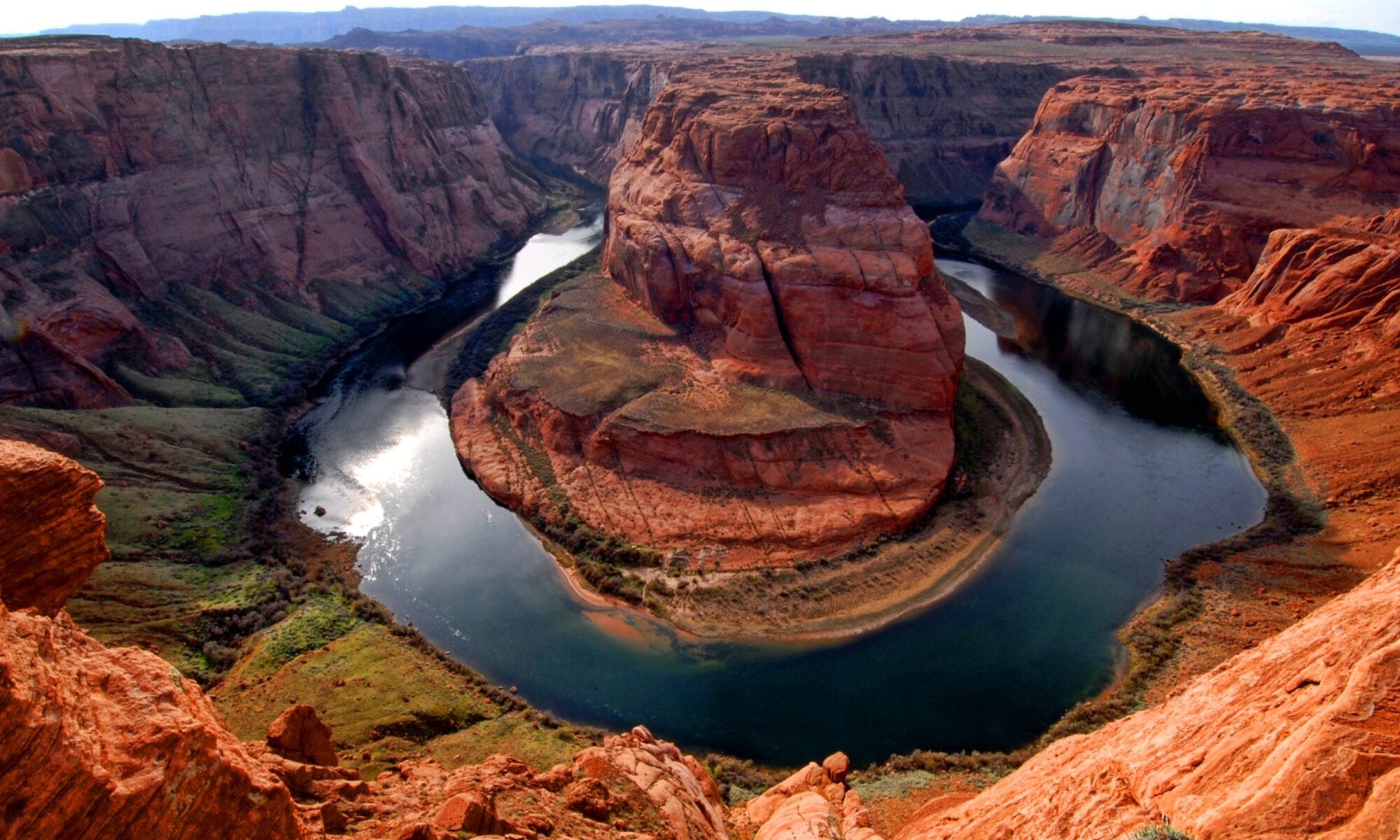Ground Based Experience
All impacts are local. Whether there is too much or too little water, nothing can substitute time on the ground to understand what those impacts are.
Hydrologic systems can be simple or complex. Taking the time in the field to understand the physical processes that affect the quantity and quality of water cannot be substituted.
Quantifying the volume and quality of water available provides the basis for sound decision making. Designing robust automated data collection systems in strategic locations allows us to maximize the utility of information while minimizing cos
Water is personal because livelihoods simply depend on knowing if and how much is available. Both agricultural and municipal livelihoods need it to thrive and to grow. At the same time the natural environment often cannot tolerate the loss of it. Taking the time to listen to multiple perspectives is critical for finding viable solutions.
Collaborative Approach
One-sided decisions do not last and we believe that an adversarial approach to water management is not in anyone’s best interest. Sharing information, perspectives and situations is critical to finding solutions that will stand the test of time.
- Sharing Perspectives
- Identifying Critical Needs
- Stating Long-Term Objectives
- Identifying Constraints
- Seeking Adaptive Approaches
- Building Consensus
Decision Support
Water management can be complex. Understanding the implications of policy and management decisions under a wide variety of potential future conditions often exceeds what any single person can comprehend. Advances in Decision Support Systems (DSS) allow for these complex systems to be better understood by water managers and also allows stakeholders an opportunity to propose and evaluate their own ideas of how systems can be improved. Technology now allows voices to be heard more readily, alternatives to be explored more easily, and decisions to be made with more knowledge than ever before.
Data Collection
Gage installation, well monitoring, water quality sampling and remote telemetry to characterize watershed dynamics.
Design and Construction Management
Small-scale hydraulic system design, reservoir and storage tank construction, and community capacity building.
River Basin Modeling
Multi-objective river basin management and policy development to meet agricultural, municipal, industrial and environmental needs.
Transboundary Water Management
Interstate or international river management is a unique challenge that requires respect and cross-sector collaboration. As conflicts arise, the need for resolution is critical.

